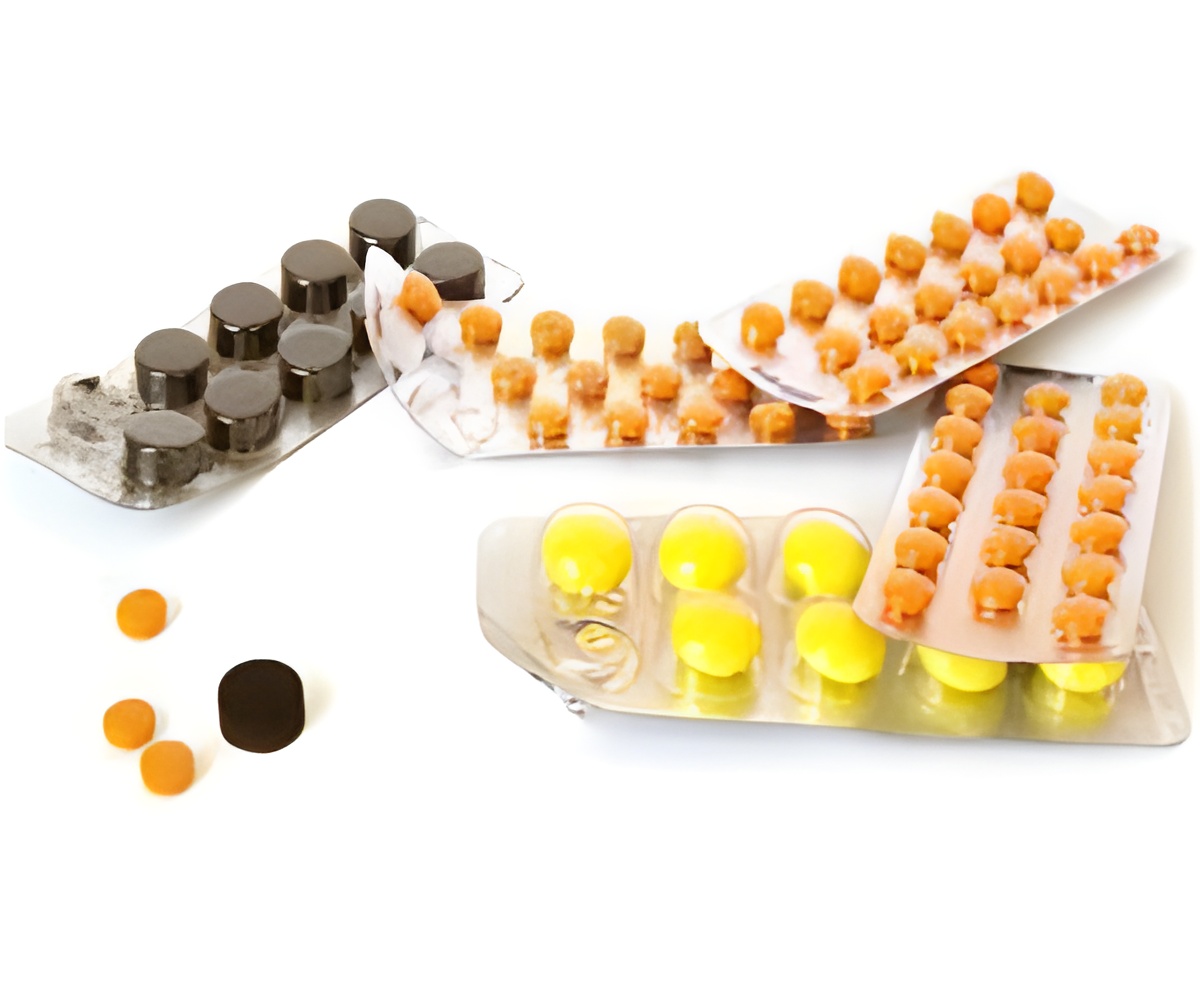Researchers have developed a compound that could potentially serve as a painkiller, with particular utility for East Asians with an alcohol-metabolizing enzyme mutation.

According to the researchers at the Stanford University of Medicine, the compound is nonaddictive and safe for the heart and gastrointestinal system that reduces inflammatory pain in mice and rats. They call the compound Alda-1.
“Finding a new pain medication is important because we need a safer drug. There are several deaths happening from prescription opiate overdoses a year alone,” said Daria Mochly-Rosen, professor of chemical and systems biology.
Mochly-Rosen is senior author of the paper, and former Stanford postdoctoral scholars Vanessa Zambelli, PhD, and Eric Gross, MD, PhD, are the lead authors. A paper describing the researchers’ findings was published in the magazine Science Translational Medicine.
Source-Medindia











